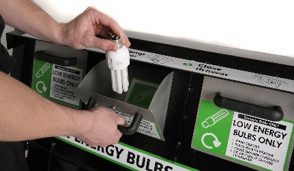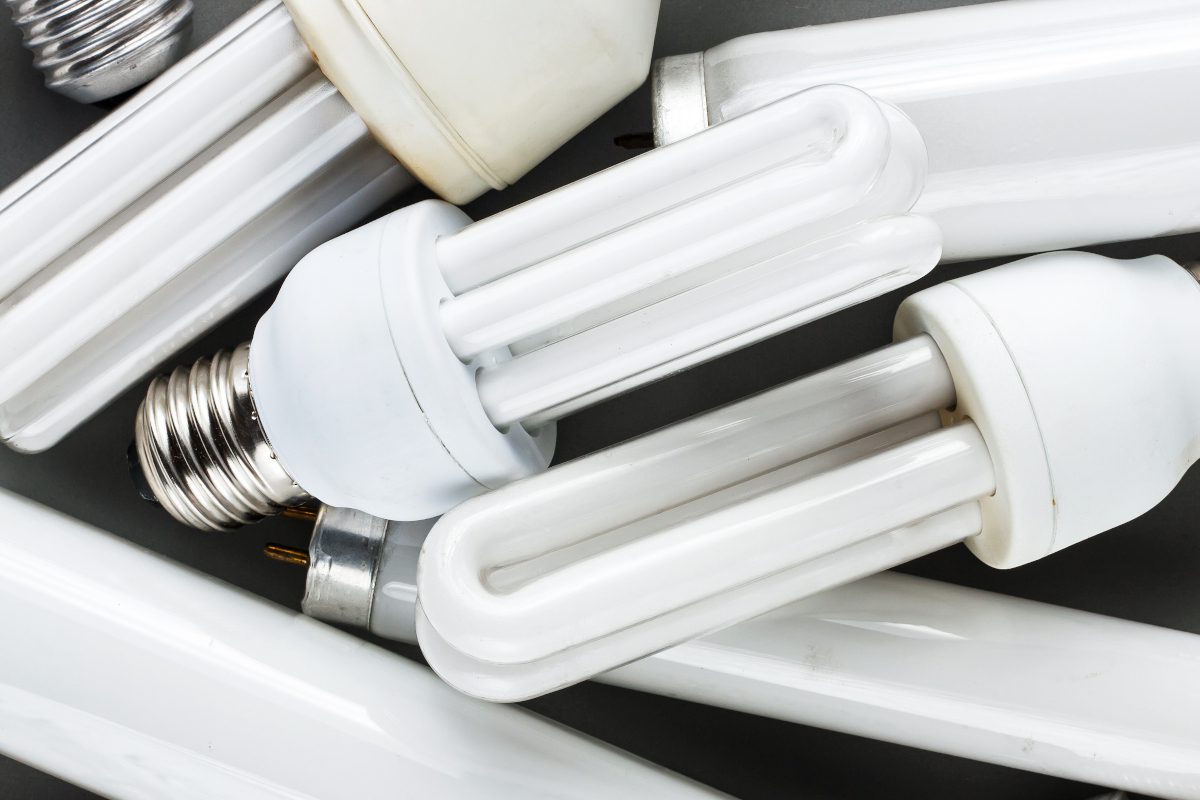
Defra has confirmed that from the end of 2020, most retailers will be required to provide in-store WEEE takeback.
Recolight – a specialist in compliance for producers of lighting and other electrical systems – has welcomed the decision. The new requirement will apply to all retailers and wholesalers with annual sales of electrical items above £100,000. Online retailers without physical retail premises, and retailers with sales below the cut off can avoid the need to provide in-store WEEE takeback, by joining the Distributor Takeback Scheme (DTS).
Convenient drop off points for WEEE will increase recycling
Commenting on the news, Recolight CEO Nigel Harvey said: “For several years, The UK’s recycling rates for waste electricals and lamps have stalled. It is well established that to increase rates, consumers must have access to convenient drop-off points. But until now, an opt out meant that virtually all retailers could avoid their legal obligation to provide instore collection. The removal of that opt out at the end of this year should do much to increase WEEE and lamp collections.”
How the new WEEE takeback system will work
The legal obligation to collect only applies where a customer buys a similar product to that being returned. However, the challenge of enforcing this strictly, probably means many will simply offer the service to all customers.
Announcing the decision, the Government’s spokesperson said: “…this decision has been taken in the context of new approaches being required to meet the more ambitious and challenging collection targets in 2020 and beyond.”
This change means that from next year, any retailer selling lamps will be required to provide a waste lamp takeback service. The requirement will also apply to electrical wholesalers which sell household or so called “dual use” electricals, however most of them already offer Recolight’s waste lamp takeback service.








